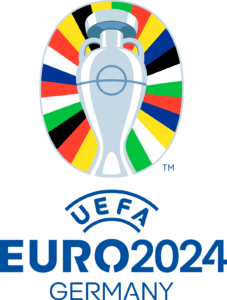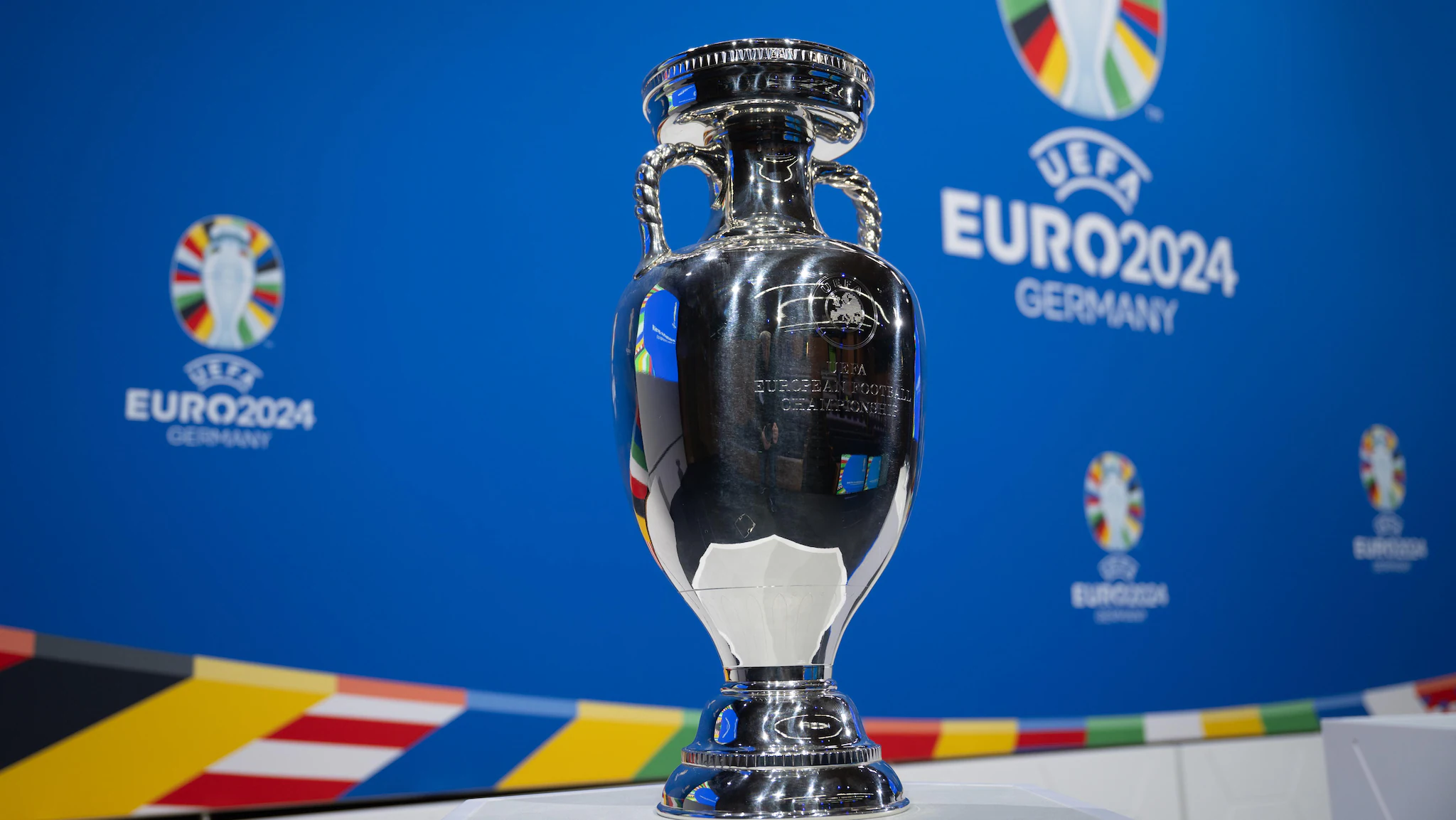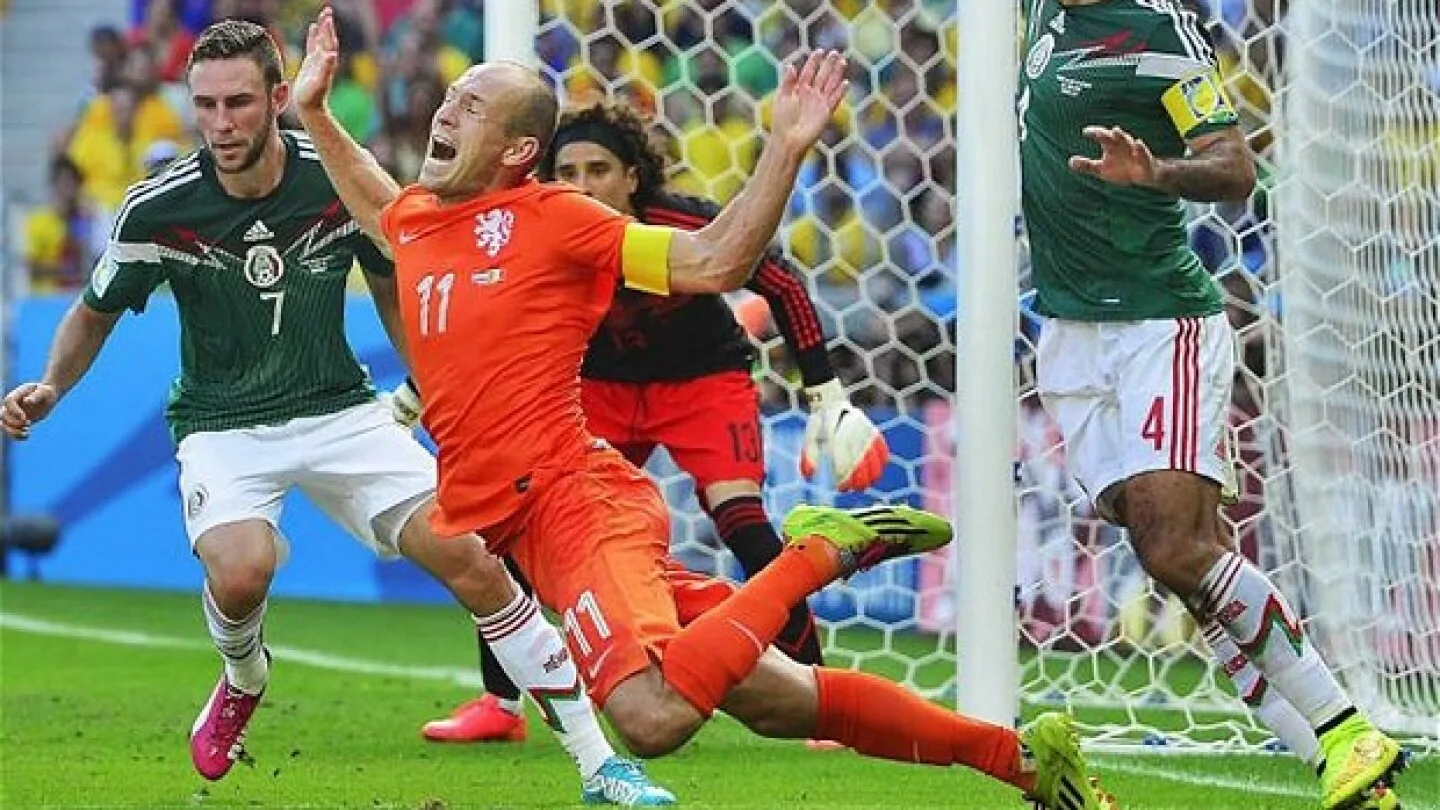The UEFA European Championship, commonly known as the Euros, is one of the biggest and most prestigious international football tournaments in the world. It is held every four years, and the next edition of the tournament is scheduled to take place in 2024. The tournament will be hosted by Germany and will be the 17th edition of the competition.
The Euros have a rich history, with the first tournament taking place in 1960. Since then, the tournament has grown in popularity and prestige, with some of the world’s best players and teams competing for the coveted trophy. The tournament has also had a significant economic and cultural impact on the host nations, with millions of fans from around the world traveling to watch the games and experience the local culture.
Key Takeaways
-
- The UEFA European Championship is one of the biggest and most prestigious international football tournaments in the world.
- The 2024 edition of the tournament will be hosted by Germany and will be the 17th edition of the competition.
- The tournament has a rich history and has had a significant economic and cultural impact on the host nations.
History of the UEFA European Championship

The UEFA European Championship, commonly referred to as the Euros, is a quadrennial international men’s football championship organized by the Union of European Football Associations (UEFA). The tournament was first held in 1960 and has since become one of the most prestigious and widely watched football competitions in the world.
The idea for the tournament was proposed by Henri Delaunay, the then-secretary of the French Football Federation, in the 1920s. However, it was not until 1958 that the competition was officially established, with the first tournament taking place in 1960. The tournament was initially contested by just four teams, but it has since grown to include 24 teams.
The Euros have a rich and eventful history, with many memorable moments and iconic players. Some of the most successful teams in the history of the tournament include Germany, Spain, and France, who have all won the competition multiple times. The most successful player in the history of the tournament is Michel Platini, who scored a record nine goals in the 1984 tournament and helped lead France to their first-ever major international trophy.
Over the years, the Euros have undergone several changes in format and structure. For instance, the tournament was expanded from 16 to 24 teams in 2016, which allowed more countries to participate and increased the number of matches played. The 2024 tournament will be hosted by Germany and promises to be an exciting and eventful competition, with many of the world’s best players set to take part.
UEFA Euro 2024 Host Nation

Germany as the Host Country
Germany has been selected as the host country for the 17th edition of the UEFA European Championship, commonly referred to as UEFA Euro 2024. This will be Germany’s first major tournament as hosts since the 2006 FIFA World Cup. Germany was awarded the hosting rights on September 27, 2018, after beating the only other candidate, Turkey, in a vote by UEFA’s Executive Committee.
Host Cities and Venues
UEFA Euro 2024 will be held across ten cities in Germany. These cities were chosen based on their infrastructure, transportation links, and experience in hosting major events. The ten host cities and their respective stadiums are:
| Host City | Stadium |
|---|---|
| Berlin | Olympiastadion Berlin |
| Cologne | RheinEnergieStadion |
| Dortmund | Signal Iduna Park |
| Düsseldorf | Merkur Spiel-Arena |
| Frankfurt | Deutsche Bank Park |
| Gelsenkirchen | Veltins-Arena |
| Hamburg | Volksparkstadion |
| Leipzig | Red Bull Arena |
| Munich | Allianz Arena |
| Stuttgart | Mercedes-Benz Arena |
Each stadium will host at least three group stage matches, and one knockout round match. The semi-finals and final will be held at Olympiastadion Berlin, which has a capacity of 74,475 spectators.
Germany’s selection as the host country for UEFA Euro 2024 has been met with excitement and anticipation from football fans around the world. The country’s rich footballing history, combined with its state-of-the-art infrastructure and facilities, make it an ideal host for this prestigious tournament.
Tournament Format and Qualification
Qualification Process
The qualification process for the UEFA European Championship 2024 began in March 2023 and ended in November 2023. A total of 55 national teams participated in the qualifying rounds, and 20 teams qualified for the final tournament alongside the host nation Germany.
The 20 qualified teams were divided into five groups of four teams each for the group stage of the tournament. The top two teams from each group and the four best third-placed teams advanced to the knockout stage of the tournament.
Tournament Structure
The UEFA European Championship 2024 will feature a total of 51 matches, including the final. The tournament will be played across 10 different cities in Germany, with the final taking place at the Allianz Arena in Munich.
The tournament will begin with the group stage, where the 20 qualified teams will be divided into five groups of four teams each. Each team will play three matches in the group stage, with the top two teams from each group and the four best third-placed teams advancing to the knockout stage of the tournament.
The knockout stage of the tournament will consist of the Round of 16, Quarter-finals, Semi-finals, and Final. The winner of the final will be crowned the champions of Europe.
Overall, the tournament promises to be an exciting and competitive event, with some of the best teams and players in Europe competing for the ultimate prize.
UEFA Euro 2024 Teams and Players to Watch

The UEFA European Championship 2024 promises to be an exciting tournament with 24 teams competing for the title. As always, there are a few teams and players to keep an eye on throughout the competition.
France
France will be looking to add another major trophy to their collection. They have a talented squad with players like Kylian Mbappe, Antoine Griezmann, and N’Golo Kante. Their attacking prowess and defensive stability make them a strong contender for the title.
Germany
Germany is the host nation for the tournament and they will be looking to make the most of their home advantage. They have a squad full of talented players like Joshua Kimmich, Leroy Sane, and Kai Havertz. They will be hoping to bounce back from their disappointing performance in the 2022 World Cup and win their first major trophy since the 2014 World Cup.
England
England has a talented squad with players like Harry Kane, Declan Rice, and Jude Bellingham. They reached Quarter final of the 2022 World Cup and will be looking to go one step further in the Euros. They have a strong attack and a solid defense, which makes them a serious contender for the title.
Spain
Spain has a rich history in international football, having won the European Championship three times and the World Cup once. They have a talented squad with players like Sergio Ramos, Koke, and Ferran Torres. They will be hoping to replicate their success from the past and add another major trophy to their collection.
Italy
Italy the defending Champions have talented squad with players like Federico Chiesa, Ciro Immobile, and Marco Verratti. They have a solid defense and a strong midfield, which makes them a tough team to beat. They will be hoping to make a deep run in the tournament and potentially win their Third European Championship.
Overall, these teams and players are expected to make a significant impact on the tournament. However, with 24 teams competing, there are bound to be a few surprises along the way.
Economic and Cultural Impact
Economic Benefits
Hosting the UEFA European Championship 2024 is expected to provide a significant boost to the German economy. According to Reuters, the tournament could increase economic activity by up to €1.3 billion, with the creation of an estimated 20,000 jobs. The influx of visitors to Germany during the tournament is expected to drive growth in the tourism, hospitality, and retail sectors.
In addition to the immediate economic benefits, hosting the tournament is expected to have a positive impact on the long-term economic development of the host cities. The infrastructure investments required to host the tournament, such as the construction of stadiums, transportation improvements, and upgrades to public spaces, will create a lasting legacy that will benefit the host cities for years to come.
Cultural Significance
Beyond the economic benefits, hosting the UEFA European Championship 2024 is an opportunity for the host cities to showcase their unique cultural heritage to a global audience. As noted by Hellenic Cultural Diplomacy, each host city will contribute to a wider cultural narrative through the creation of fan zones, cultural exhibitions, and public spaces that offer immersive cultural experiences. These cultural hubs will not only provide football-related activities but also offer a lasting legacy of cultural significance.
The tournament is also an opportunity for Germany to showcase its commitment to sustainability and environmental responsibility. According to UEFA, the aim is to make UEFA EURO 2024 the most sustainable European Championship of all time. By implementing a holistic sustainability strategy, UEFA and the German Football Association (DFB) are working to reduce the environmental impact of the tournament and promote sustainable practices.
Safety and Regulations
Security Measures
Safety and security are of utmost importance during the UEFA European Championship 2024. The event will be held across ten different cities in Germany, and the organizers have put in place stringent security measures to ensure the safety of players, officials, and spectators. The security arrangements will be overseen by the German police, who will work closely with the organizers to ensure that the event is held without any untoward incidents.
The security measures include the deployment of a large number of police personnel, surveillance cameras, and other security equipment. The stadiums will have strict access control measures, and all spectators will be subjected to thorough security checks before being allowed entry. In addition, the organizers have also put in place contingency plans to deal with any emergency situations that may arise during the tournament.
COVID-19 Protocols
The COVID-19 pandemic has had a significant impact on the world, and the organizers of the UEFA European Championship 2024 are taking all necessary precautions to ensure the safety of everyone involved. The tournament will be held in accordance with the guidelines issued by the German government and the World Health Organization. The organizers will closely monitor the situation and make any necessary changes to the protocols to ensure the safety of players, officials, and spectators.
The COVID-19 protocols include regular testing of players and officials, mandatory wearing of masks, and social distancing measures. The stadiums will operate at a reduced capacity to ensure that social distancing is maintained. In addition, the organizers have put in place measures to ensure that the tournament is held in a bio-secure environment, which includes regular cleaning and disinfection of the stadiums and other facilities.
Overall, the organizers of the UEFA European Championship 2024 are confident that they have put in place all necessary measures to ensure the safety of everyone involved. The security measures and COVID-19 protocols are designed to provide a safe and enjoyable tournament experience for all.
Frequently Asked Questions
What are the dates for the UEFA European Championship 2024?
The UEFA EURO 2024 final tournament will take place from June 14 to July 14, 2024. The group stage runs until June 26, with the knockout stage beginning on June 29.
How can I purchase tickets for the UEFA EURO 2024 matches?
UEFA EURO 2024 tickets are not yet available for purchase. However, UEFA has announced that there will be a ticket sales portal on their official website where fans can purchase tickets for the tournament.
What is the qualification process for the Euro 2024 tournament?
The qualification process for the UEFA EURO 2024 tournament is divided into two phases. The first phase is the group stage, where teams are divided into ten groups of five or six teams each. The top two teams from each group will qualify for the second phase. The second phase is the knockout stage, where the 20 qualified teams will compete in a single-elimination tournament to determine the winner of the UEFA EURO 2024 tournament.
Which teams have qualified for the Euro 2024 tournament?
The qualification process for the UEFA EURO 2024 tournament is still ongoing, and no teams have yet qualified for the tournament.
What is the match schedule for UEFA EURO 2024?
The match schedule for UEFA EURO 2024 has been announced, and it can be found on the official UEFA website. The tournament will kick off in Munich on June 14, 2024, and will end with the final in Berlin on July 14, 2024.
How many teams will be competing in the UEFA EURO 2024?
A total of 24 teams will compete in the UEFA EURO 2024 tournament. The teams will be divided into six groups of four teams each, with the top two teams from each group and the four best third-placed teams advancing to the knockout stage.
Also Read:
José Mourinho’s Speech at Fenerbahçe SK Presentation: An Insightful Overview
How Will Kylian Mbappé Improve Real Madrid: A Comprehensive Look at His Fit in the Team
South Africa Premier Soccer League : A Look at the League’s History
A Beautiful History of Cristiano Ronaldo: From Birth to Top Professional Footballer



